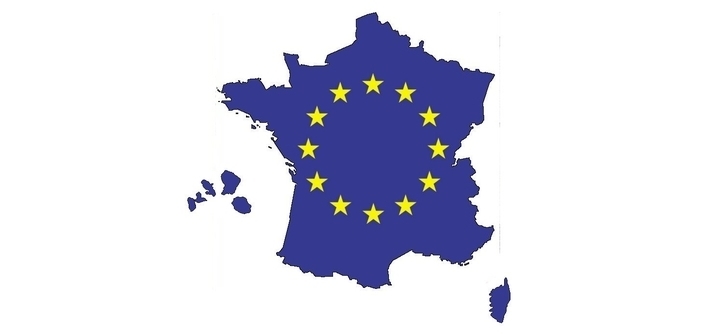It is still too early to judge the effects of the reform plan launched by the government. But if there were to be a single criticism of Emmanuel Macron, it would not be that he lacks vision and boldness in his proposals.
Last week, in the grand amphitheater of the Sorbonne, he delivered an impassioned plea in favor of Europe. With Danton-like fervor, he called for “audacity.” Like a spirited Mélenchon, he announced his intention to “return to the people” this common project, partly confiscated by euro-technocracy and criticized by populists.
Quite misunderstood by citizens, who feel it more as an interference in national affairs and as a constraint, rather than a new horizon for our generation and those to come.
It had been a long time since a head of state had committed so strongly to this self-doubting Europe, which with the lamentable Brexit sees a significant partner leaving, and which now fears that other countries might also head for the exit.
That it is the President of the Republic who sounds the call is logical, given France’s investment in the Union. He does so, not coincidentally, at a time when the German far-right enters the Bundestag for the first time since the end of the war.
But his desire to restart the European machine can only succeed if the chancellor shows flexibility, which is not guaranteed, even if she has sent some positive signals towards Paris after the Sorbonne speech. It will also be necessary to join other countries in this revised and corrected European project.
Macron identified the main areas to be opened: completely integrating French and German markets “by applying the same rules to our companies, from Business Law to Bankruptcy Law,” ensuring fiscal and social convergence to end disputes over posted work and the Polish plumber, creating a common Defense that will also allow for real diplomacy.
All of these tools will enable competition on equal terms with China and the United States, who are lying in wait, dreaming that their companies will see the economic collapse of the old continent.
In this globalization, STX, Alstom, and others have no choice but to fly the blue-starred flag rather than cling to their national DNA, now too narrow to ensure they remain among the big players.
Politically, this message of common sense can only resonate with the French if concrete results are achieved on the unemployment and purchasing power fronts.
Jean-Marie CHEVALIER, Les Petites Affiches


